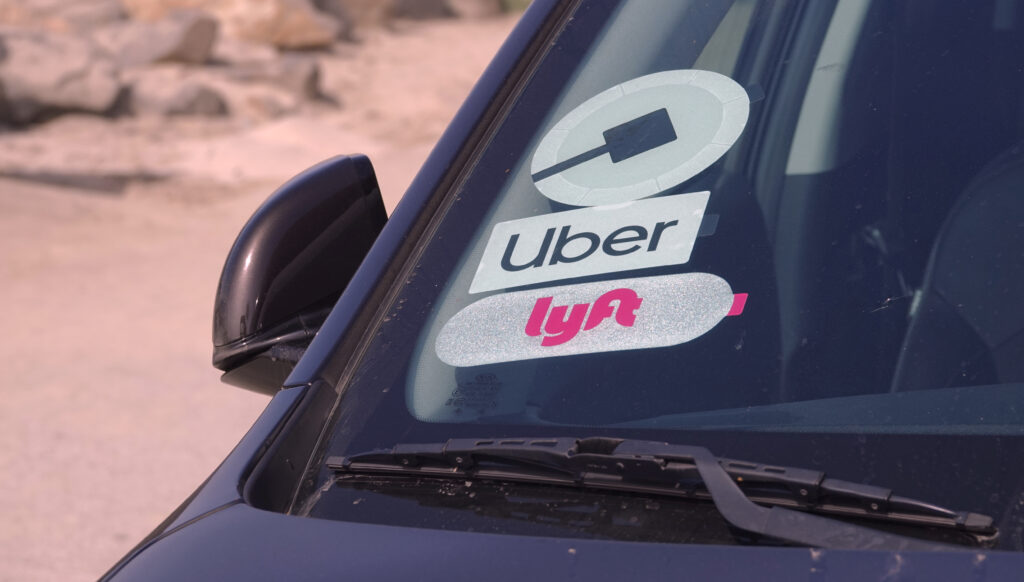In recent years, the gig economy has employed more and more workers. At the same time, many app-based businesses have led efforts throughout the country to exempt those workers from critical legal rights like minimum wage protections, employee benefits, nondiscrimination protections, and more.
One way that app-based employers have tried to undermine workers’ rights is by misclassifying their employees as independent contractors. “Misclassification” is an exploitative and likely illegal practice that enables app-based companies to increase their profit margins by sidestepping major labor laws, cheating their employees—many of whom are Black, brown, and immigrant workers—out of benefits and protections they deserve.
But a new effort to deregulate the app-based economy might be even more pernicious. New York State’s so-called “Right to Bargain” Act was a deceptively labeled anti-worker bill drafted and pushed by tech giants Uber and Lyft in an effort to undermine app-based workers’ access to fundamental workplace protections and sharply confine their ability to build power. As we outlined in our fact sheet, the bill would have caused app-based workers to lose access to state and local protections such as New York City’s Earned Safe and Sick Time Act, Westchester County’s Safe Time Leave Law, and New York City’s Human Rights Law. The proposed bill, which we publicly opposed in a joint statement with New York labor and community groups, has thankfully been declared dead this legislative session. Any law that strips workers of their basic rights and sets a dangerous precedent is unacceptable, and we are pleased to see this predatory bill fail.
Still, this represents an unsettling trend of massive app-based companies lobbying to erode the rights of their workers. Last year, California’s Proposition 22, a law that would allow app-based companies to classify their workers as independent contractors, was approved by ballot initiative after rideshare companies waged a massive campaign fraught with misinformation. In the wake of a health and economic crisis that has disproportionately affected app-based workers, we must remain vigilant as Uber, Lyft, and other app-based companies fight to legitimize their practice of denying workers their much-needed workplace rights—this threat to workers in the app-based sector is a threat to all workers.





